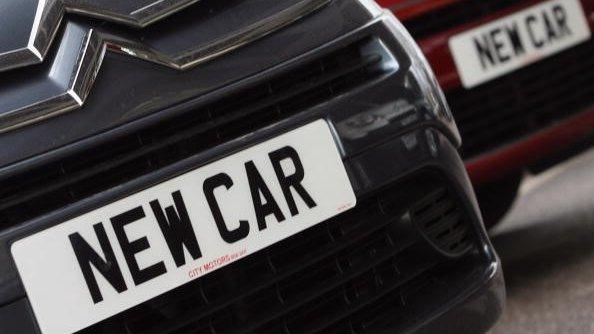New car registrations dive 20% after tax increase
- Published
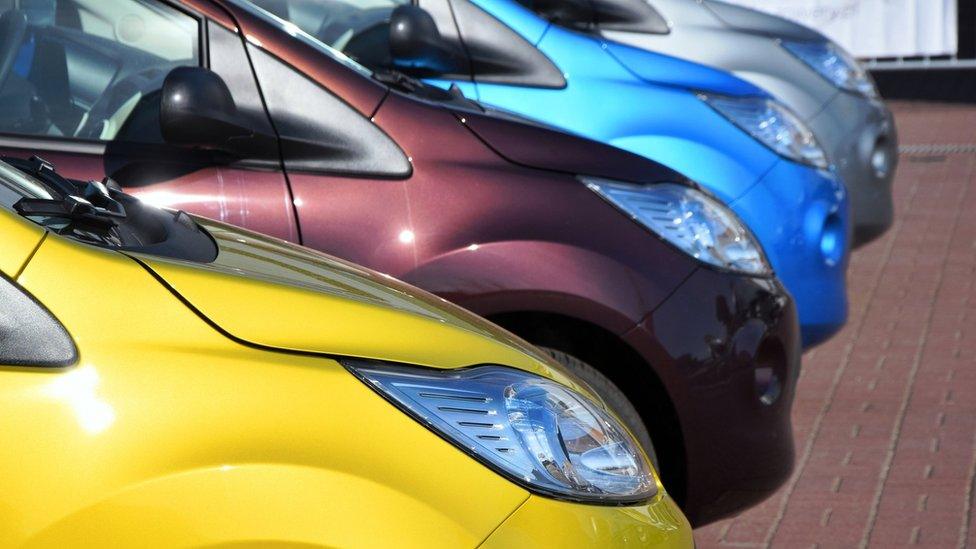
Sales of new cars plunged nearly 20% in April from a year ago, but the industry said the fall was due to consumers bringing forward purchases to avoid a rise in Vehicle Excise Duty (VED).
The Society of Motor Manufacturers and Traders (SMMT, external) said 152,076 new cars were registered in April.
Sales of alternatively fuelled cars fell for the first time in four years.
However, new car registrations are up 1.1% overall for the first four months of the year to a record 972,092.
SMMT chief executive Mike Hawes said he expected demand to stabilise this year.
"With the rush to register new cars and avoid VED tax rises before the end of March, as well as fewer selling days due to the later Easter, April was always going to be much slower.
"It's important to note that the market remains at record levels as customers still see many benefits in purchasing a new car. We therefore expect demand to stabilise over the year as the turbulence created by these tax changes decreases," he added.
Registrations of alternatively fuelled vehicles fell by 1.3%, the first fall in 47 months, as demand for hybrid vehicles was hit by higher VED rates.
Since 1 April, only newly-registered cars with zero emissions have been exempt from paying VED, which only includes electric and hydrogen cars. However, petrol cars with carbon dioxide emissions of up to 100g per km, registered before this date, are also exempt.
There is a sliding scale of charges for the first year of ownership, and after that petrol or diesel vehicles are subject to a "standard" rate of £140 a year.
For those buying cars costing more than £40,000 there is an additional £310 "premium" levy for the first five years of ownership.

Analysis: Subdued sales ahead?

John Moylan, BBC industry correspondent
Is this fall in sales down to the VED changes or are there other factors at play?
There's no doubt the VED changes led some buyers to pull forward purchases to March. The April fall in alternatively fuelled vehicles - the first in 47 months - also suggests that the increases in VED made a difference.
But the biggest fall in demand (-28.4%) came from private buyers, who are seeing prices rise faster than their wages. That could be an indication of more subdued car sales ahead.
The headlines over diesel may have been a factor too. About 25,000 fewer diesel cars were registered in April compared with a year earlier. Then again, larger cars, which tend to have diesel engines, were particularly hit by the VED changes.

- Published5 April 2017
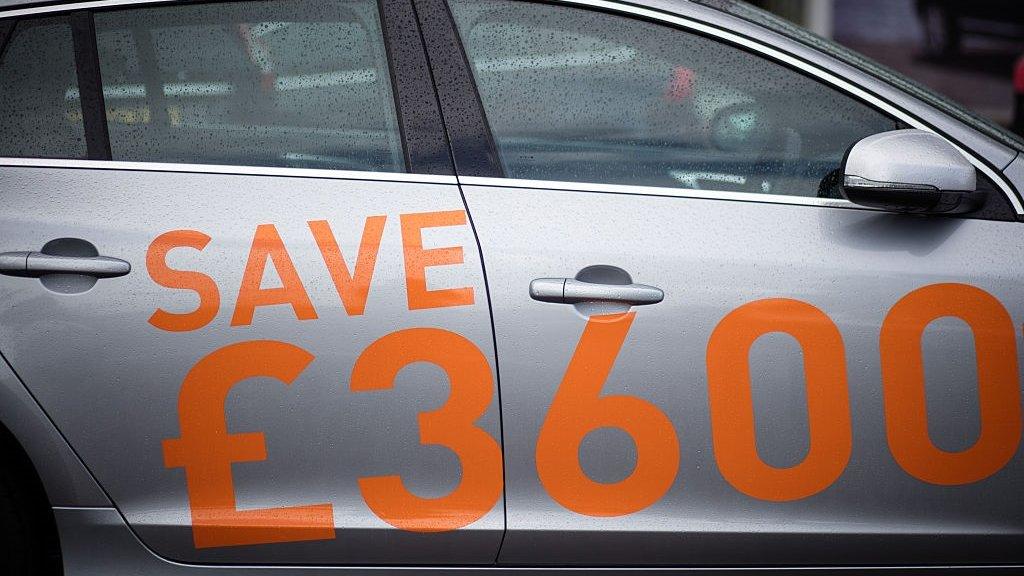
- Published13 March 2017
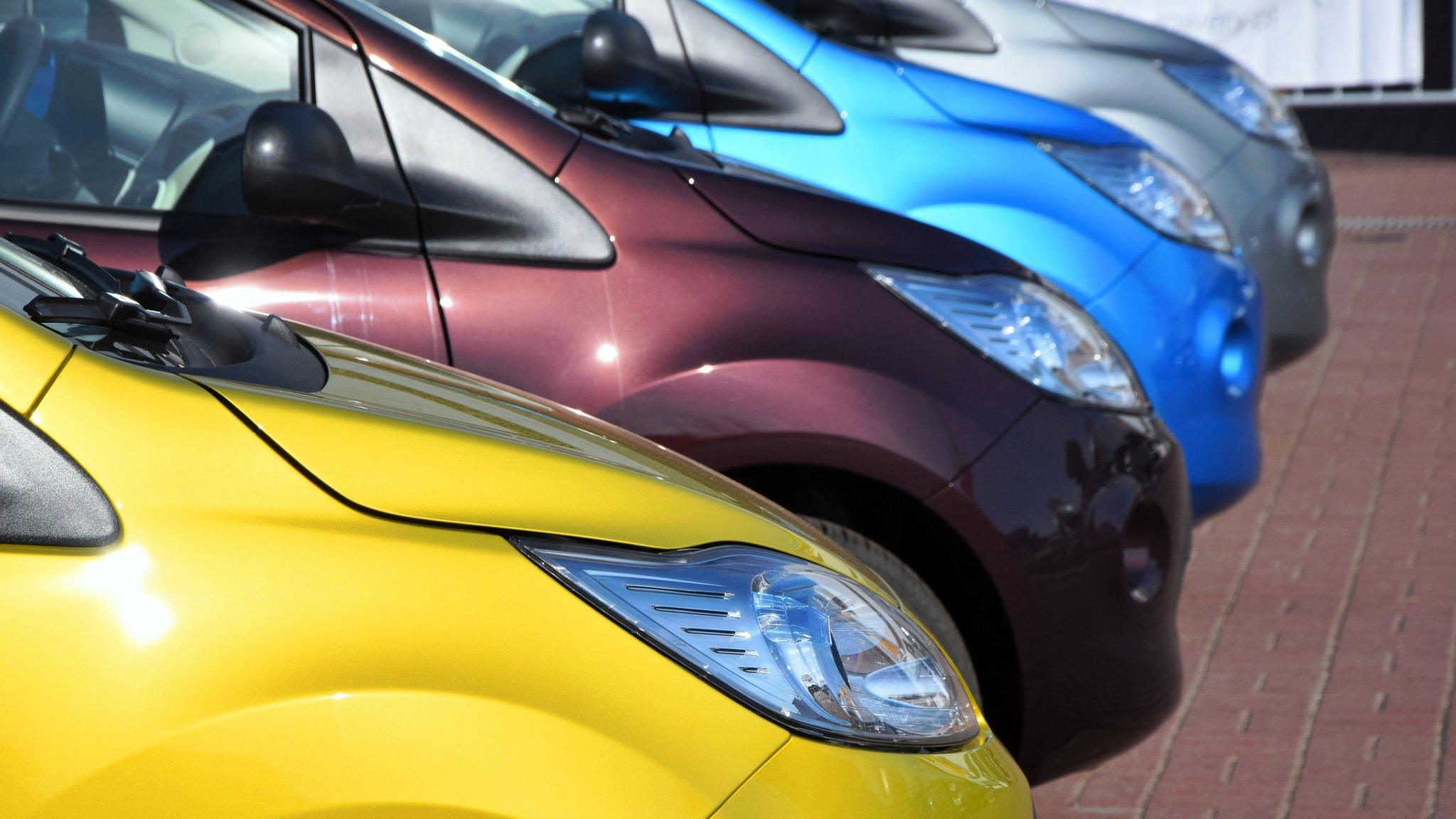
- Published14 February 2017

- Published8 February 2017
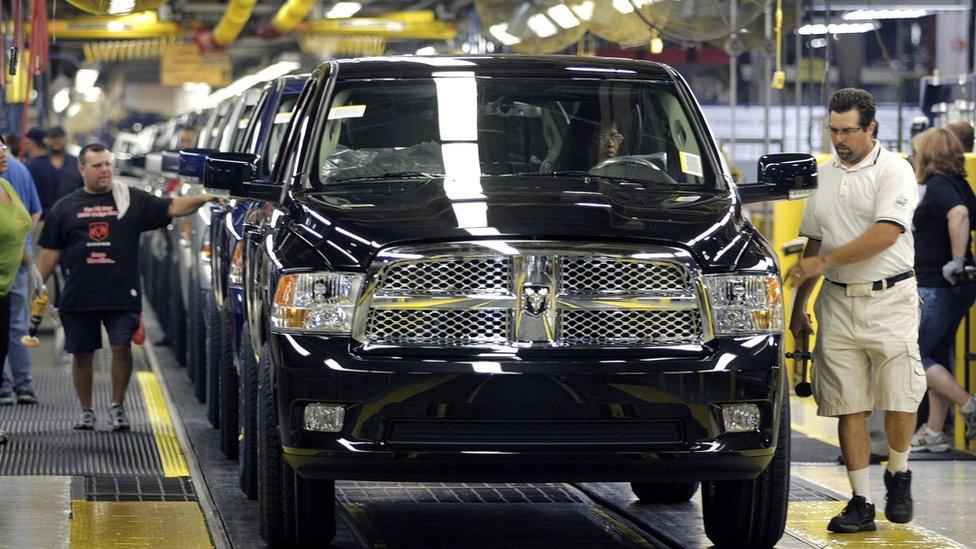
- Published25 January 2017
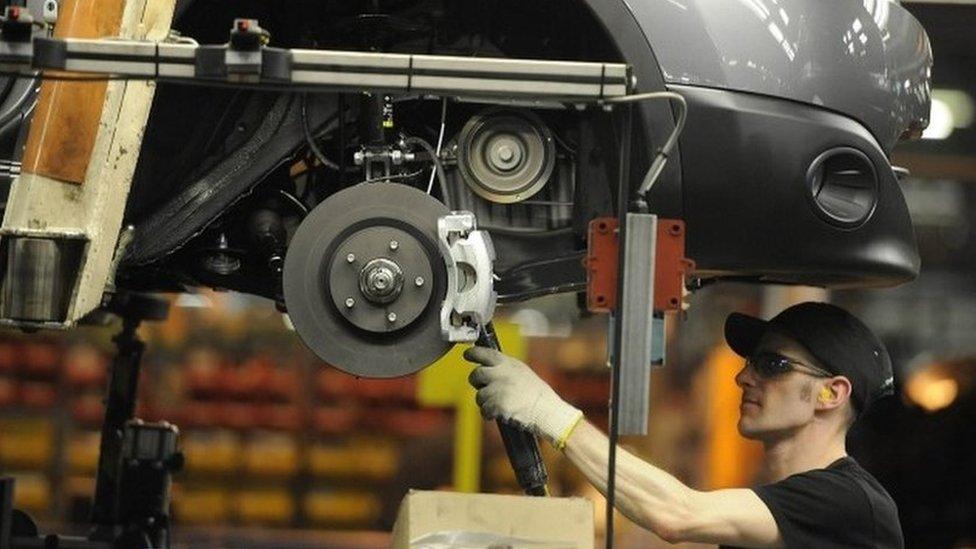
- Published5 January 2017
